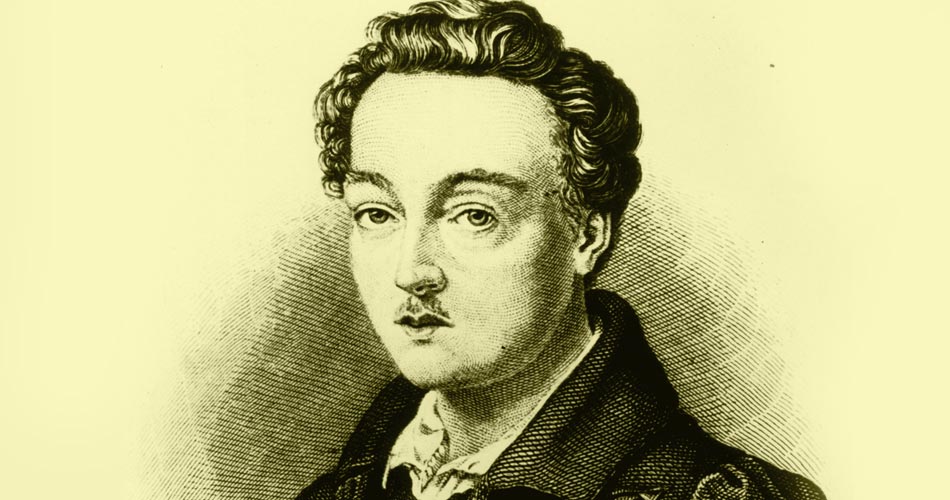From Aristotle onwards, tragedy has been considered one of the most prestigious forms of literature. Tragedy, in its classical form, had as its protagonist a powerful aristocrat and the tragic play would be an interplay of the personal and the social narrative. The protagonist’s actions would have important ramifications on the fate of the society at large. Also, the decline of the hyperbolic protagonist is usually caused by ‘hamartia’ or tragic flaw.However, with the passage of time, and the gradual decline of aristocrats and rise of the working class, literary sensibilities also changed. The rise of the bourgeoisie in Europe meant democratisation of tragedy, such as in George Buchner’s famous play, Woyzeck. Replacing noble protagonists with a working class one has not diluted the essence of a tragedy, instead, it has made it more relatable and authentic to the people at large. Tragedy represents and interrogates human experiences of suffering. Thus, Buchner fittingly picks up a downtrodden and poverty-stricken character as a protagonist to enquire into the tragic element of the marginalised section of society. It plays out in the opinion of German tragic dramatist of the 19th century, Friedrich Hebbel: “One need only be a man, after all, to have a destiny.”

Written in 1836, Buchner’s prescient play is considered to be a domestic tragedy. Based on the real-life case of a barber who stabbed his mistress in a fit of jealousy and was sentenced to death in 1821. However, Bushner’s fragmentary play, the form, and content make it a veritable early modern drama. Franz Woyzeck is a victim of social and economic forces. He is patronised by the captain he shaves and told he has no morals because he has an illegitimate child. He’s treated as a guinea pig by the military doctor who feeds him on nothing but peas for three months. Moreover, he is desperately poor, which is partly what precipitates the tragedy by driving his common-law wife Marie into the arms of the drum major.
In the play, Buchner abolishes the hierarchy of suffering. It is the first truly modern play, in that it argues our lives are determined by social and environmental circumstance.
Thus, in the play, Buchner abolishes the hierarchy of suffering. It is the first truly modern play, in that it argues our lives are determined by social and environmental circumstance. Buchner expressed it in a letter in 1834: “I despise nobody, least of all because of their intellect or education because nobody can determine not to become a fool or criminal.” Hence, Woyzeck can be considered a naturalistic tragedy which strongly critiques the society plagued by structures class, gender, and religion. Woyzeck is a pre-proletariat worker who is continually exploited and ridiculed by his social superiors.

The tragic fate of Woyzeck and Marie is interspersed with oppressive social forces and a breakdown of all order in his life. Their tragic fate ensues from both external and internal factors. Woyzeck is objectified by the doctor who sees him as a mere specimen for his study and Woyzeck, however much he tries, cannot counter the doctor’s medical discourse, especially given the fact that he gets wages by the doctor which help him sustain Marie and the child. Woyzeck’s mind and actions too are put under the strict moral scanner of the ruling class as the captain proclaims Woyzeck to be indecent for not being married and having a child out of the wedlock. Yet it is interesting to note that even though Woyzeck is not bound by any social contract, he looks after Marie and their child. In the discourse of morality, the final blow comes in the form of a drum major who makes Wozeck feel inferior about his very physiognomy. The drum major threatens to rob Woyzeck of the only thing that provides stability and order to his life. Nevertheless, mental torture, physical deprivation, and exploitation hurt him far less than the betrayal of his lover Marie. Wozeck and Marie are obviously trapped in a static situation socially and their only release is in their togetherness and sense of belonging. Woyzeck’s decline is marked by unseemly behavior as he gradually loses Marie. His crime is not a crime of passion but the slow domination of illness that takes him over when he loses the security of his inner life. The act of violence committed by Woyzeck can be traced to various stages of his alienation with everything around him. He has a meltdown when his inner sphere is disrupted and he feels as if he has lost everything. Hence, Woyzeck’s act of violence has a certain logic to it. He does not stab Marie immediately after he sees her with the new earrings. It is when he reaches the ultimate proof of his complete alienation from his milieu that he looses all control and murders Marie to avenge the same. Marie and Woyzeck’s tragic story culminates at this point, leaving Marie dead, and Woyzeck and his child’s future bleaker than ever.